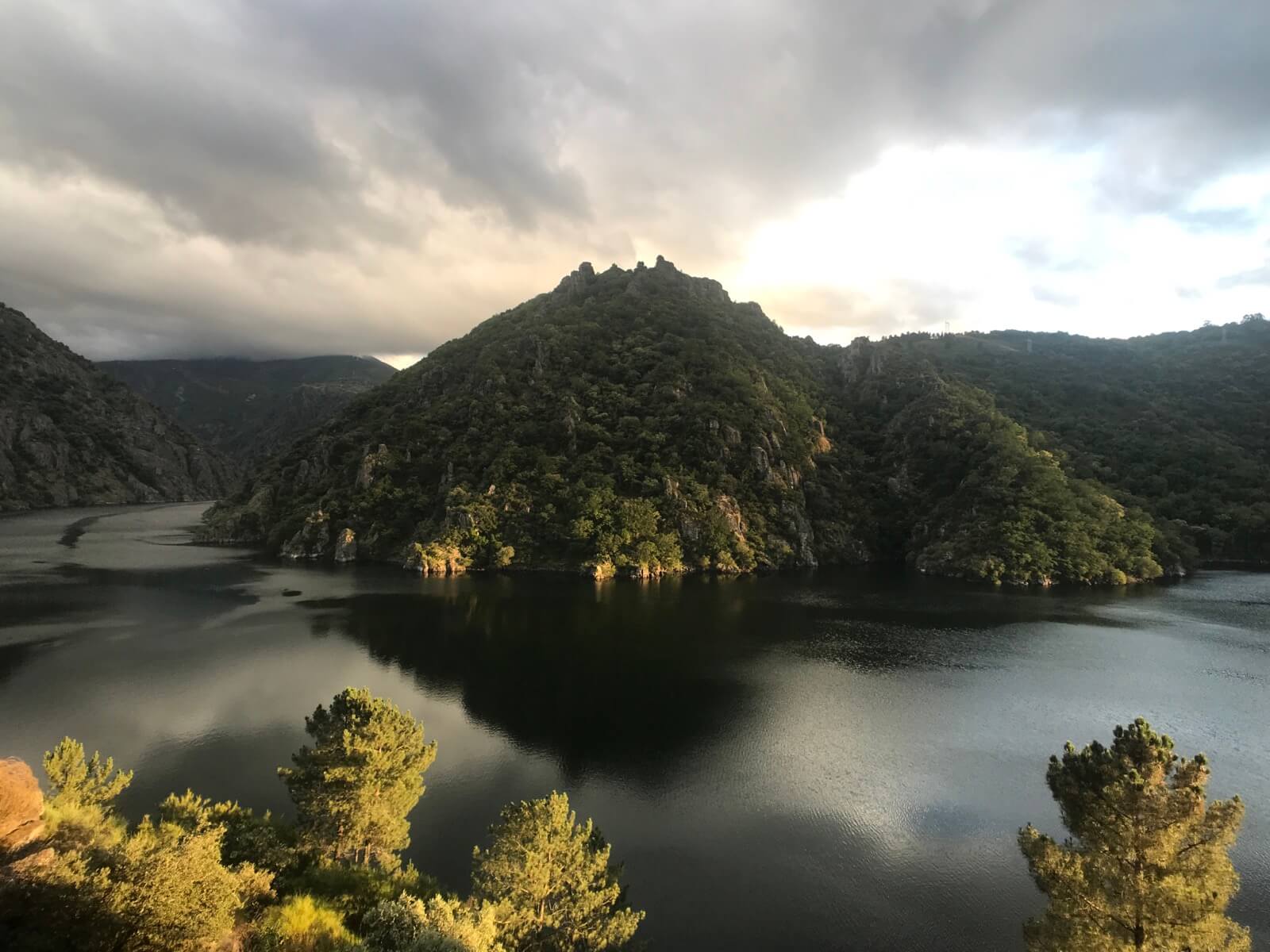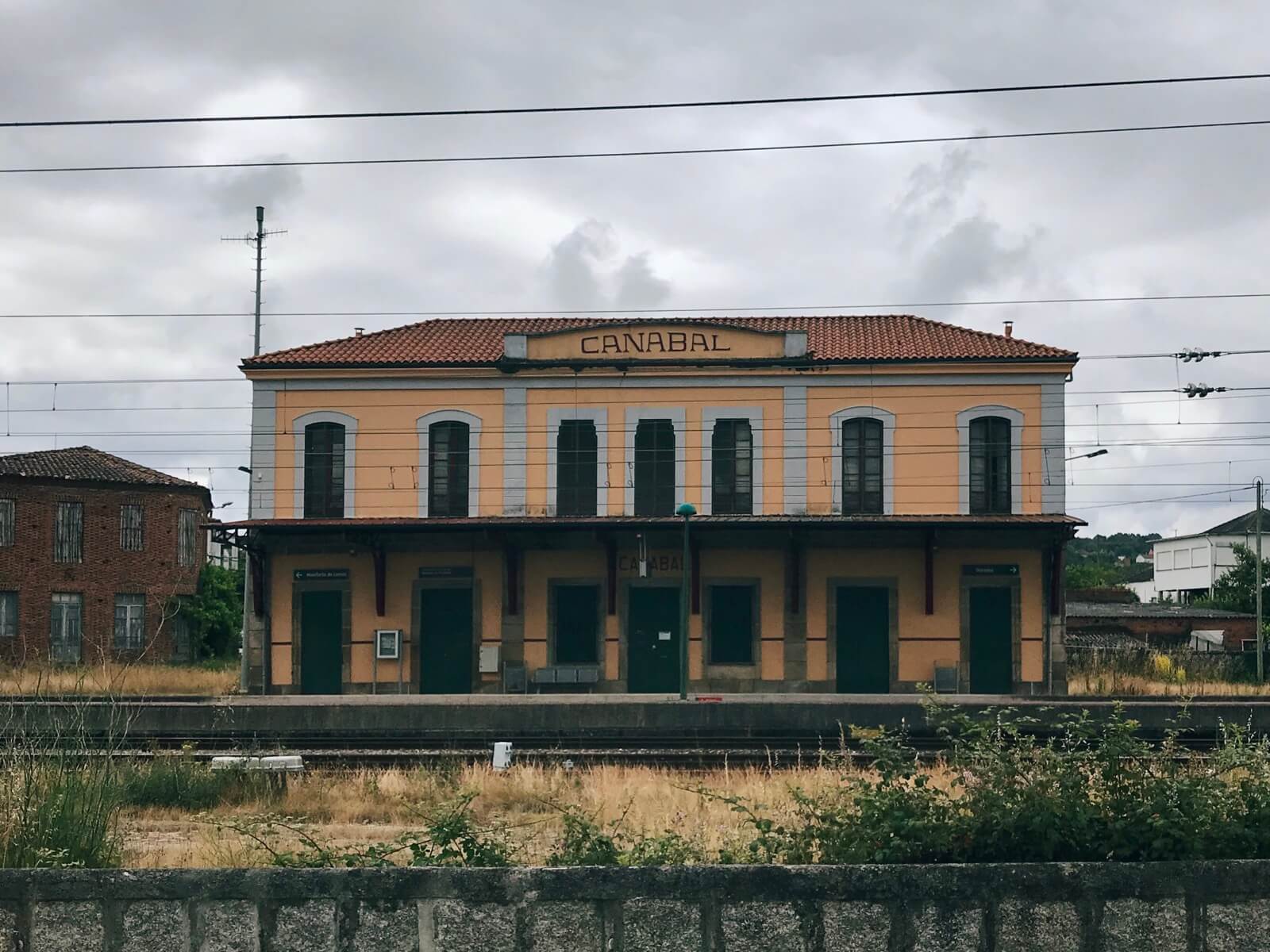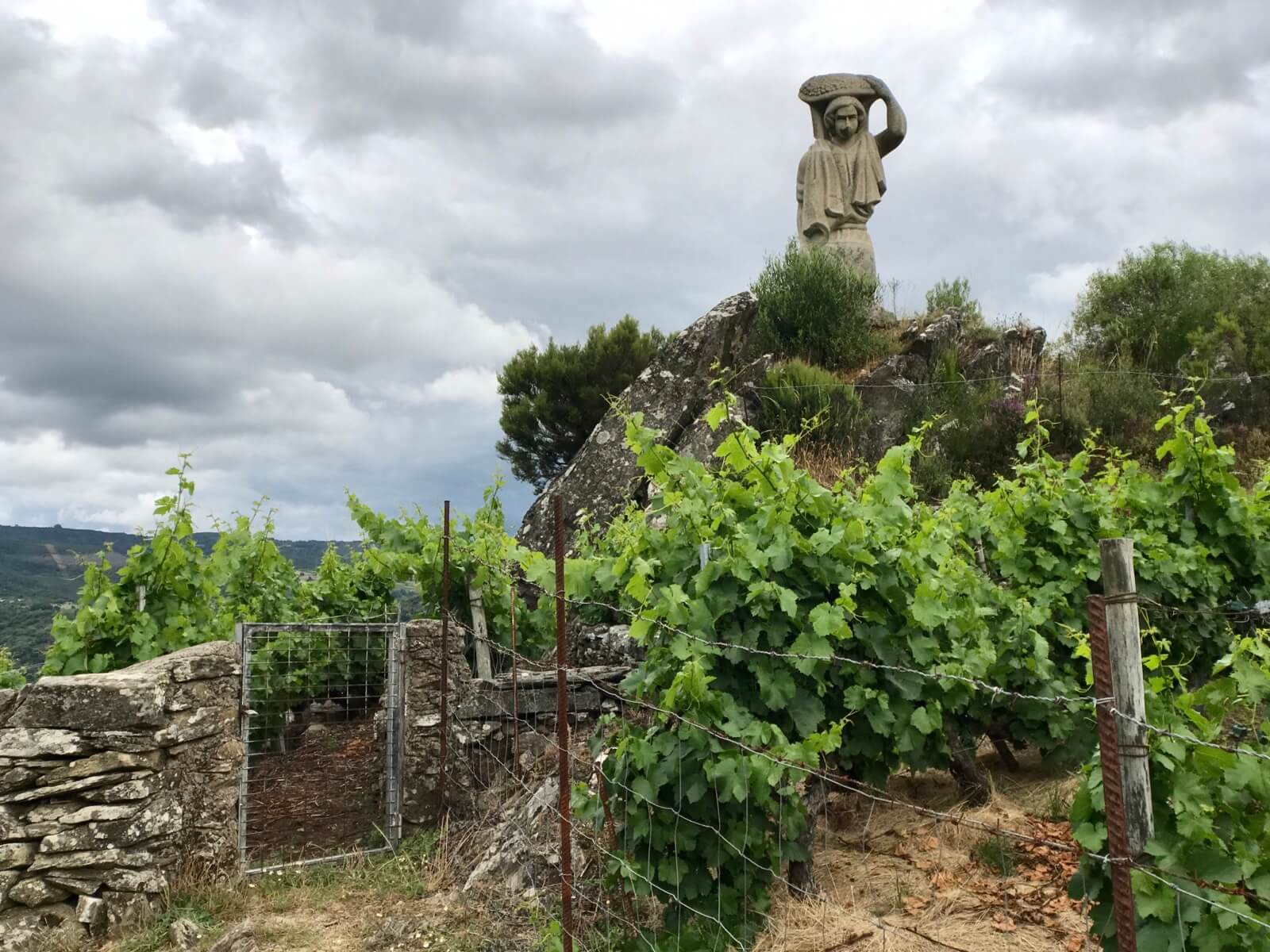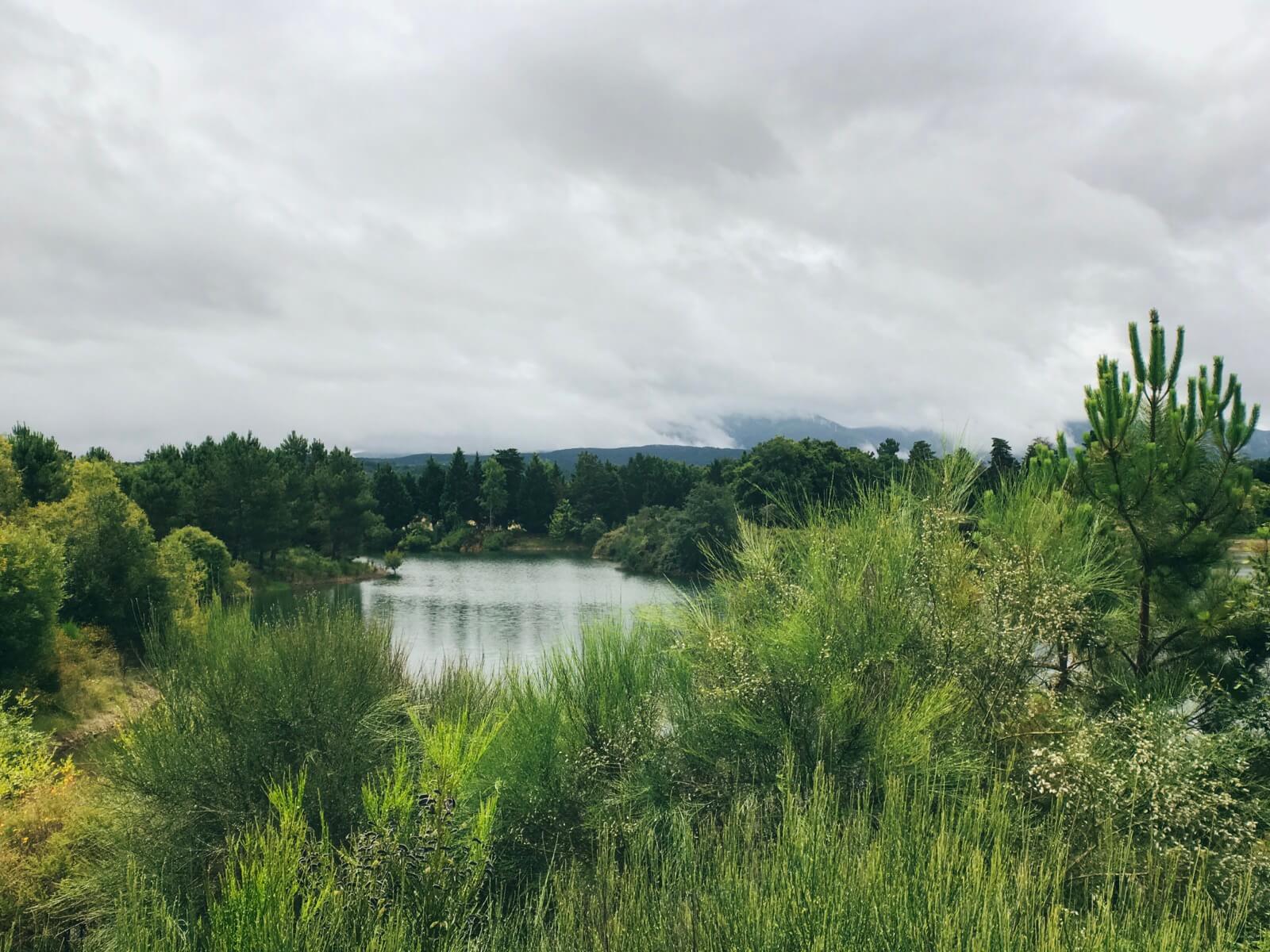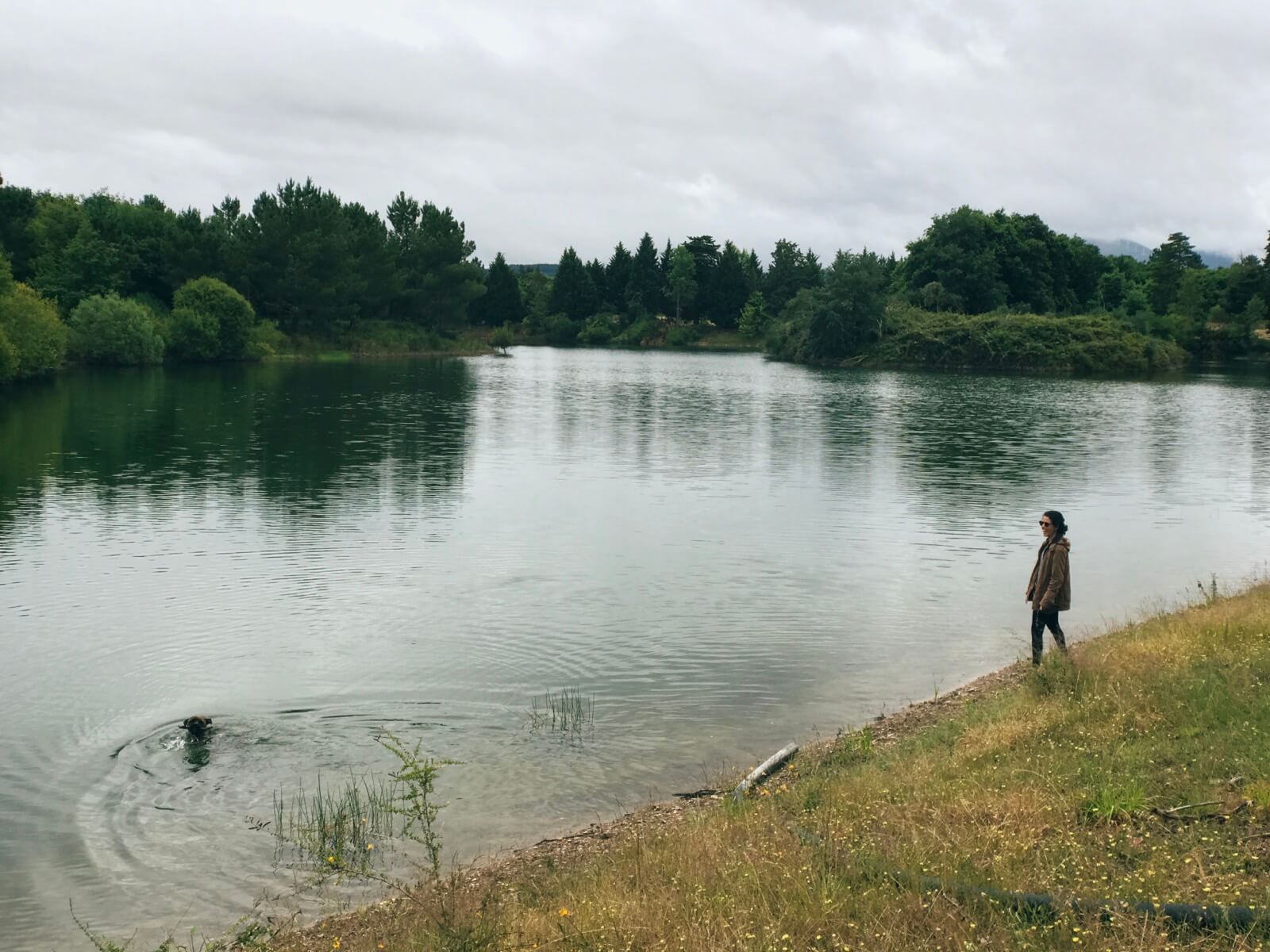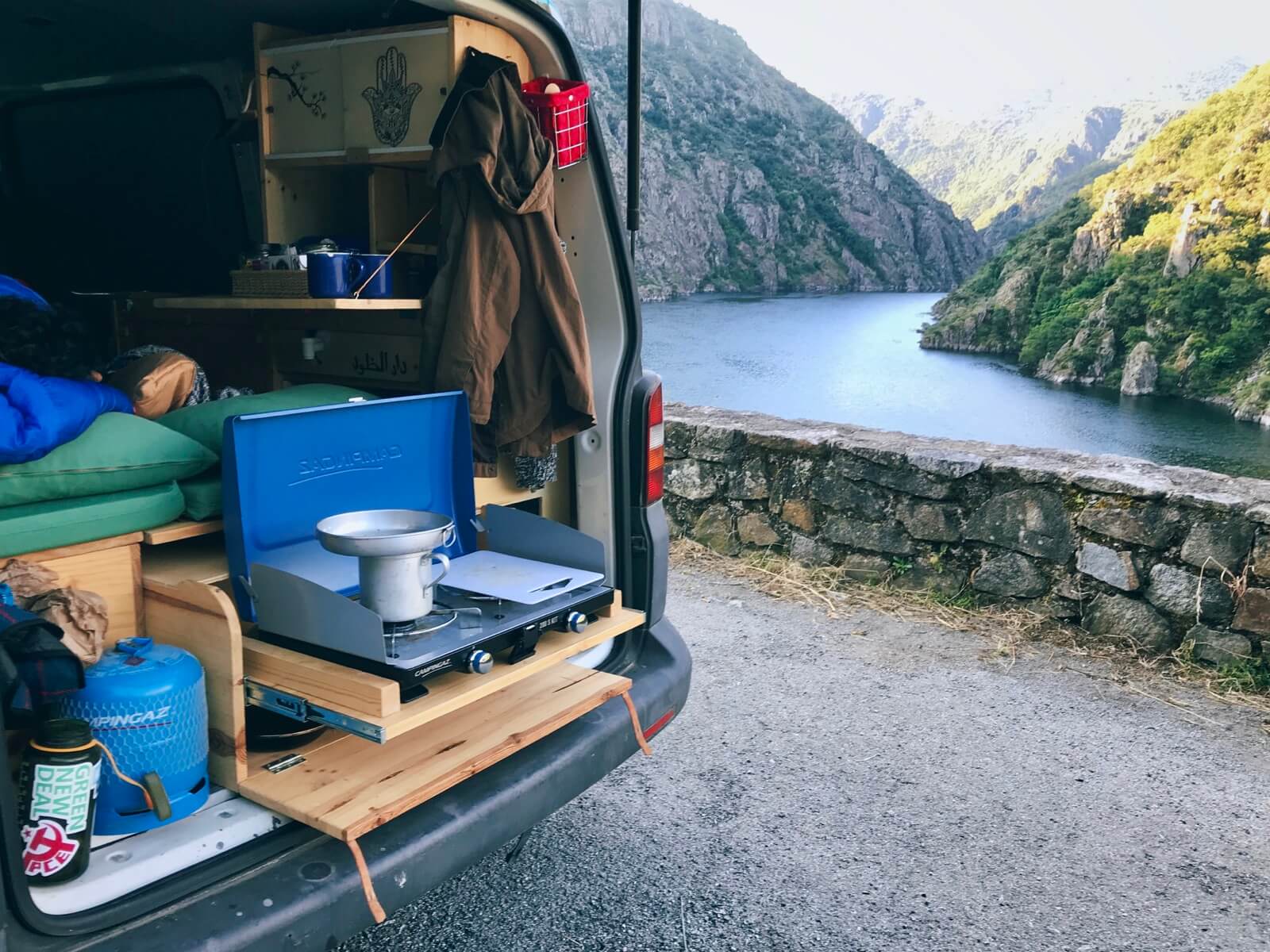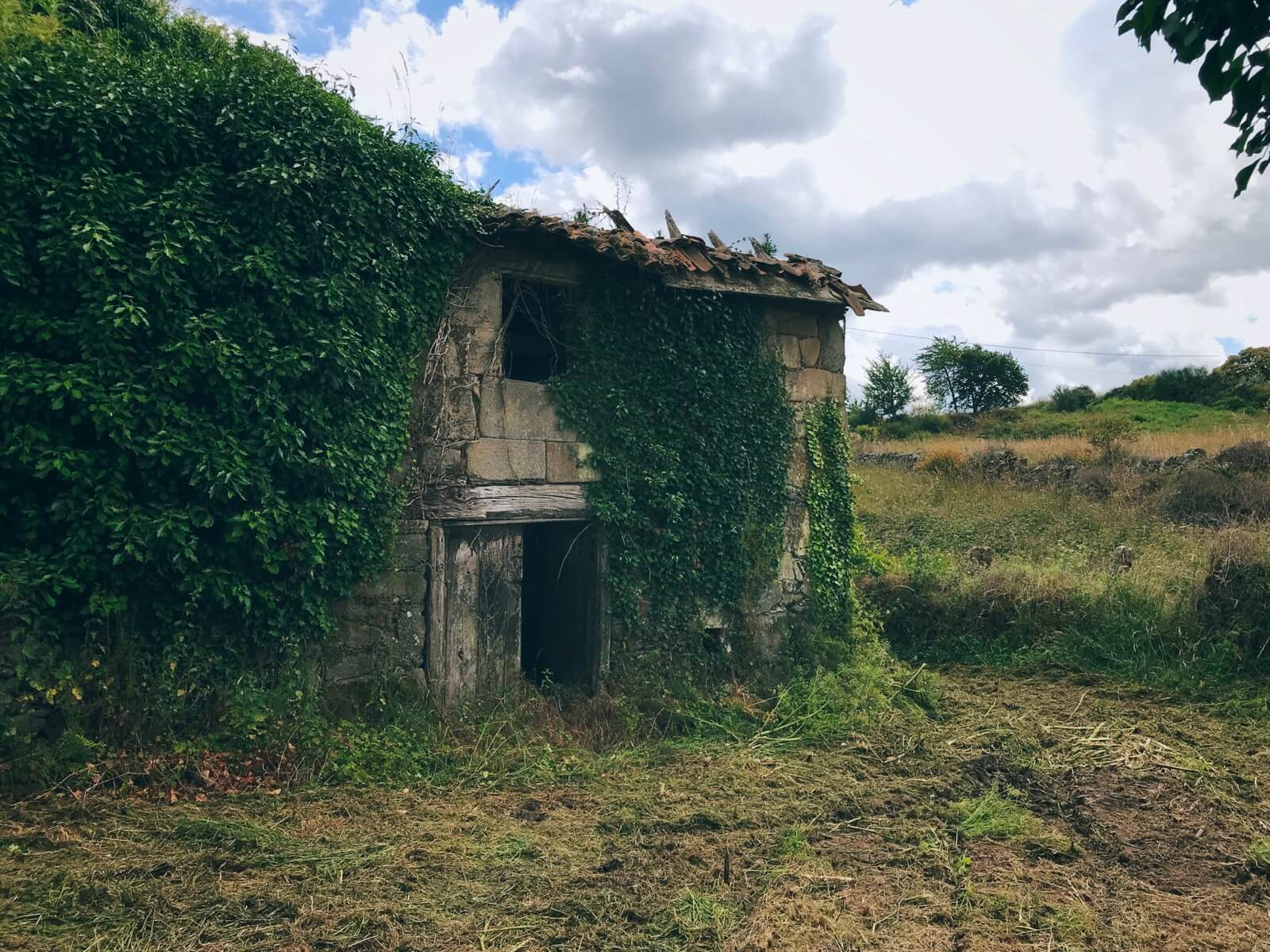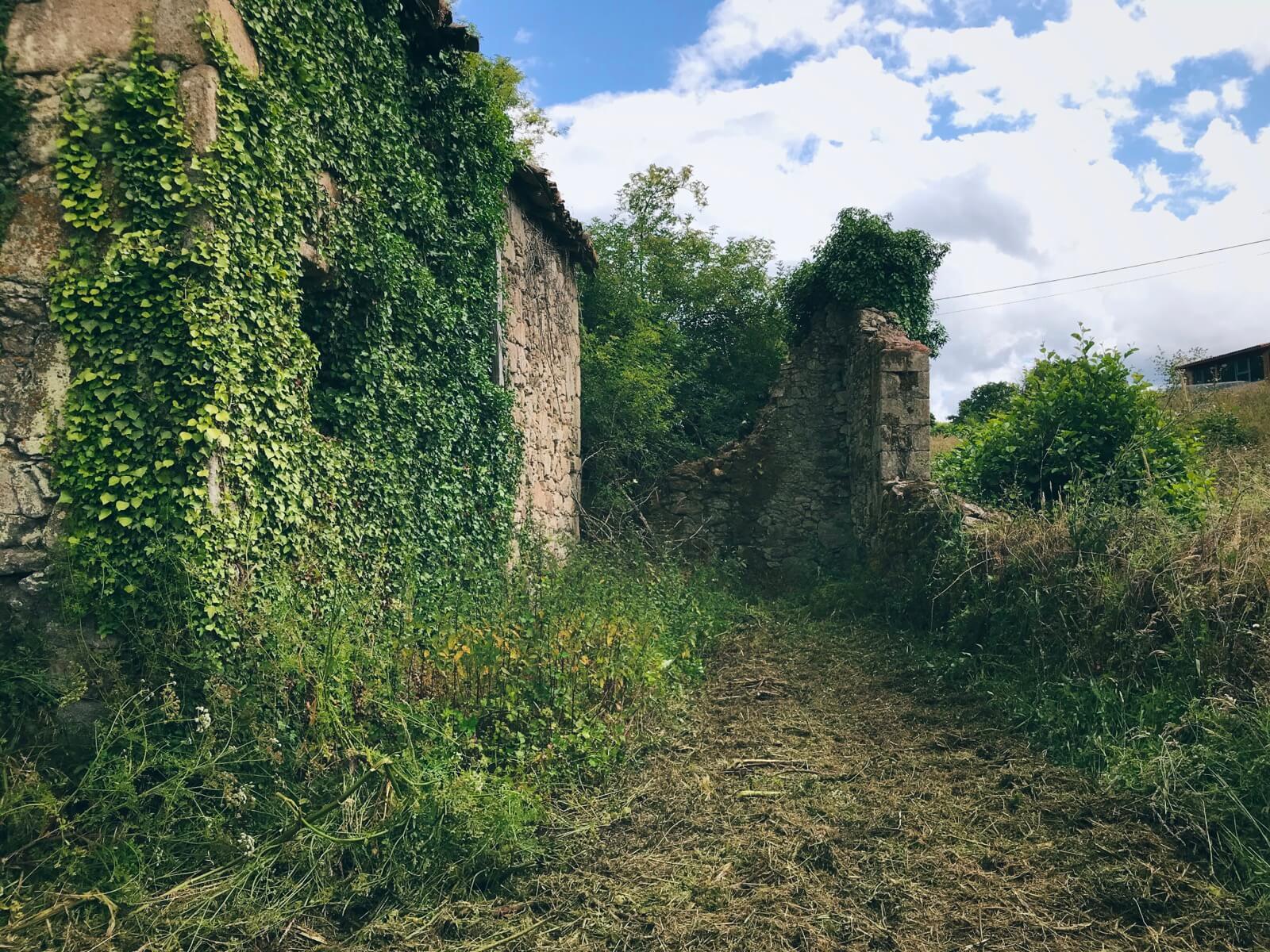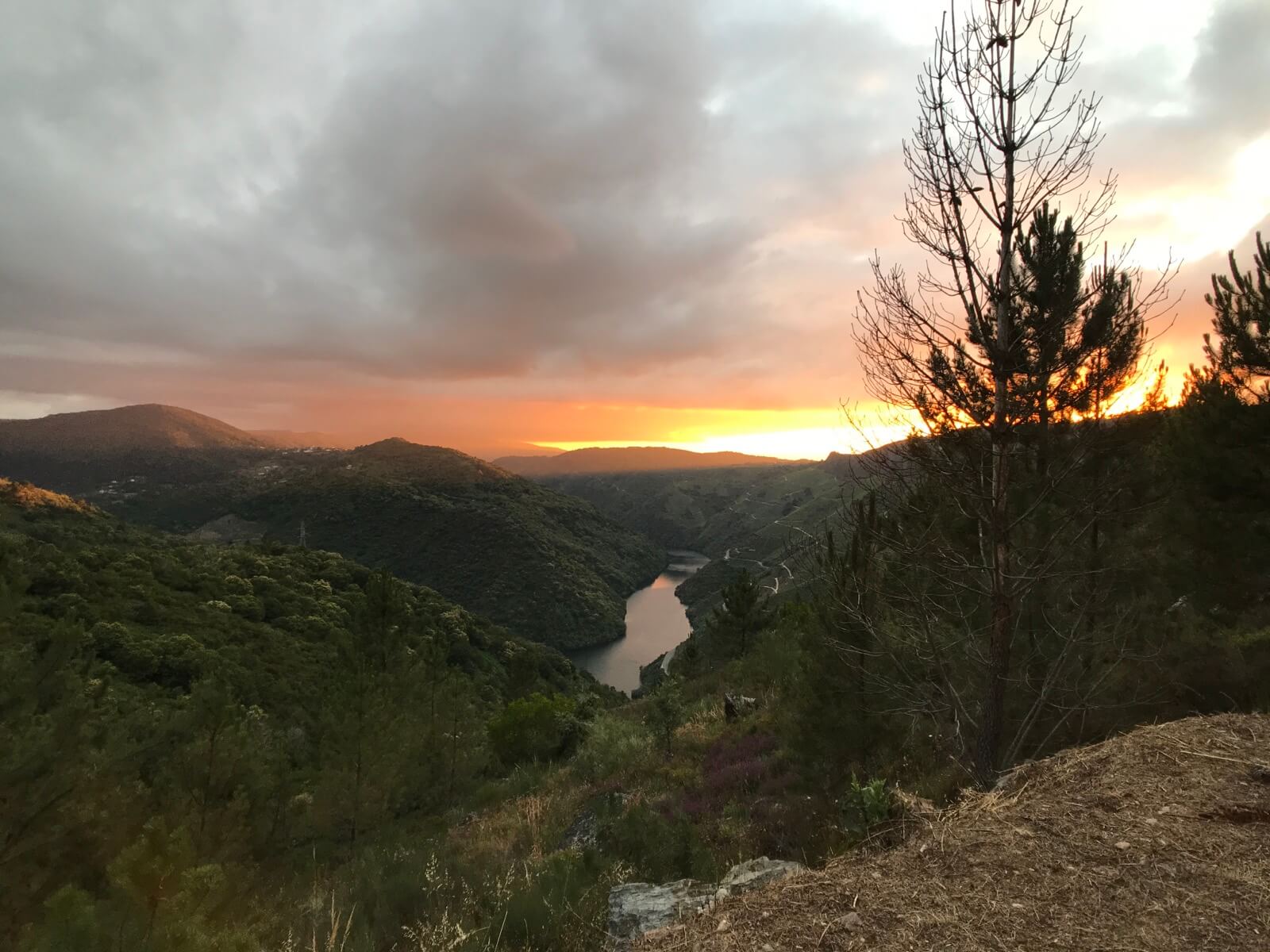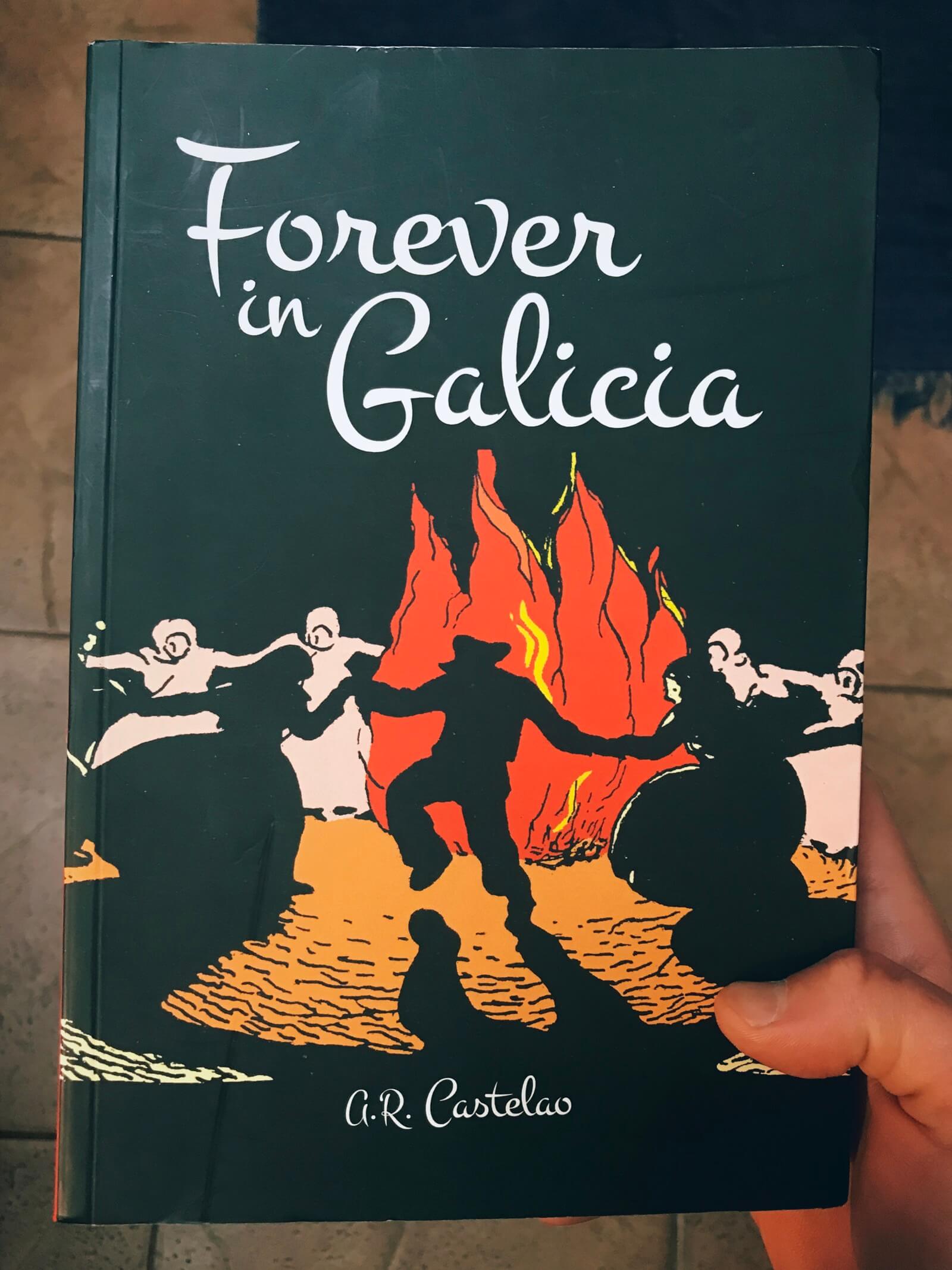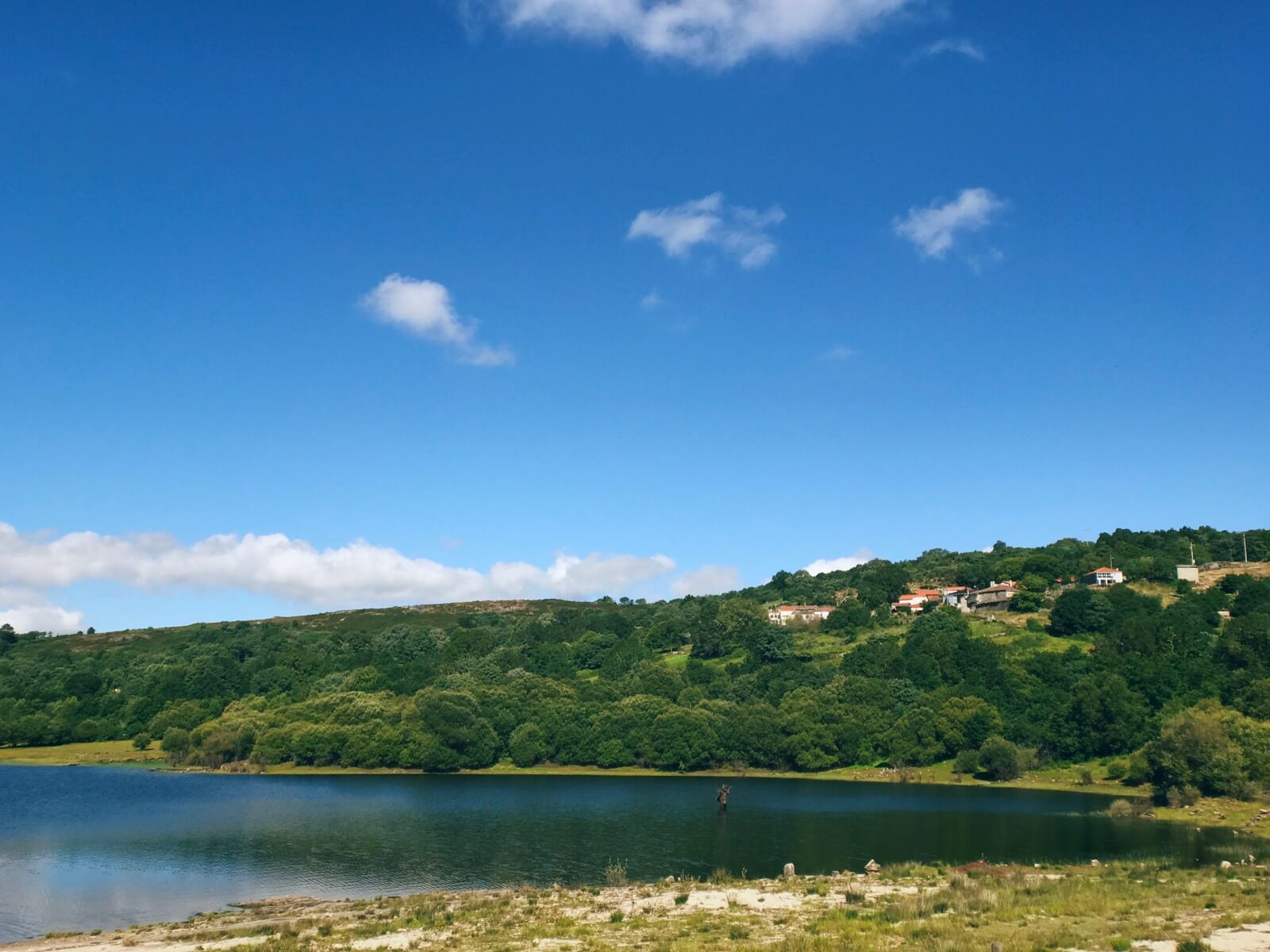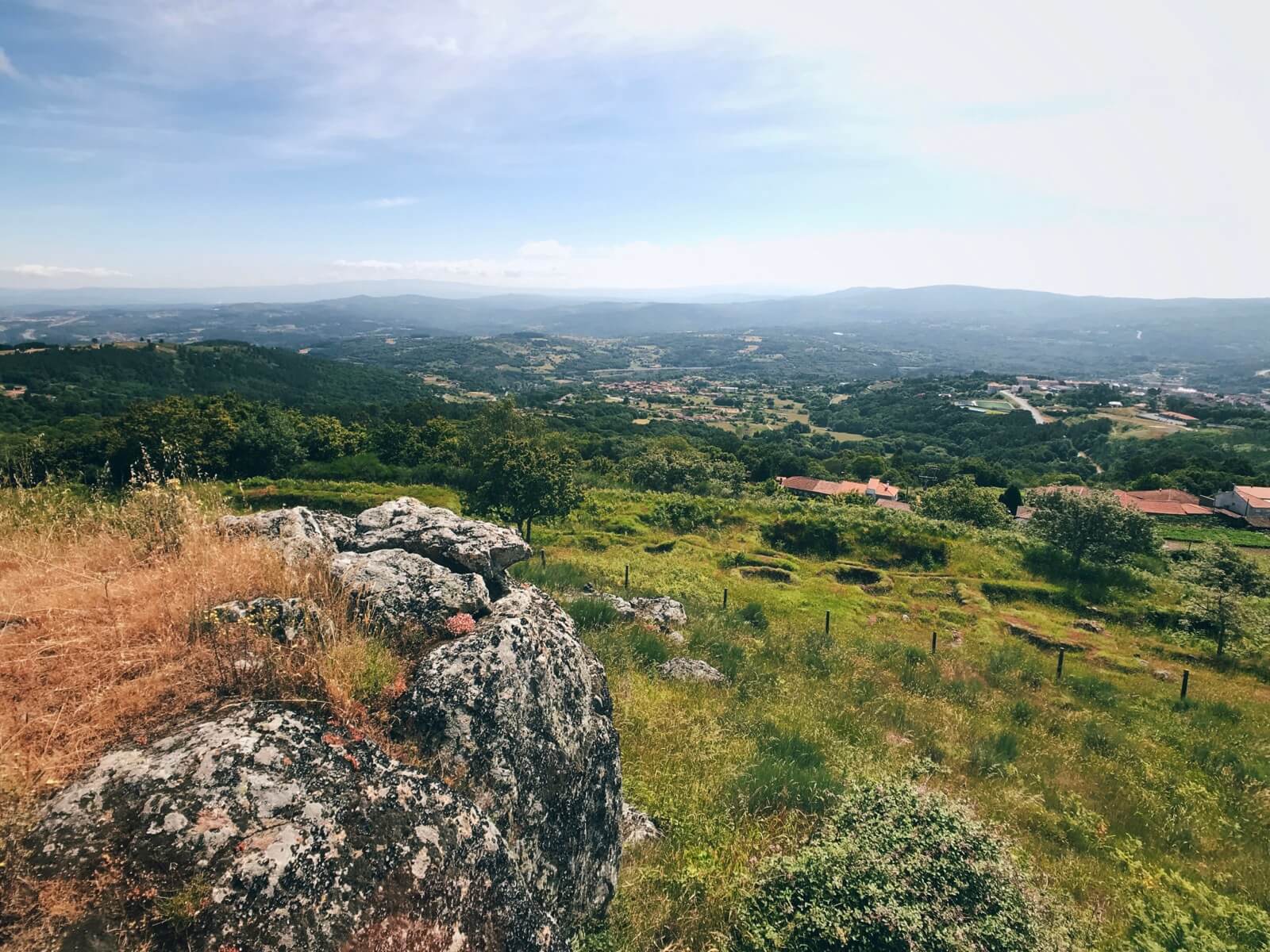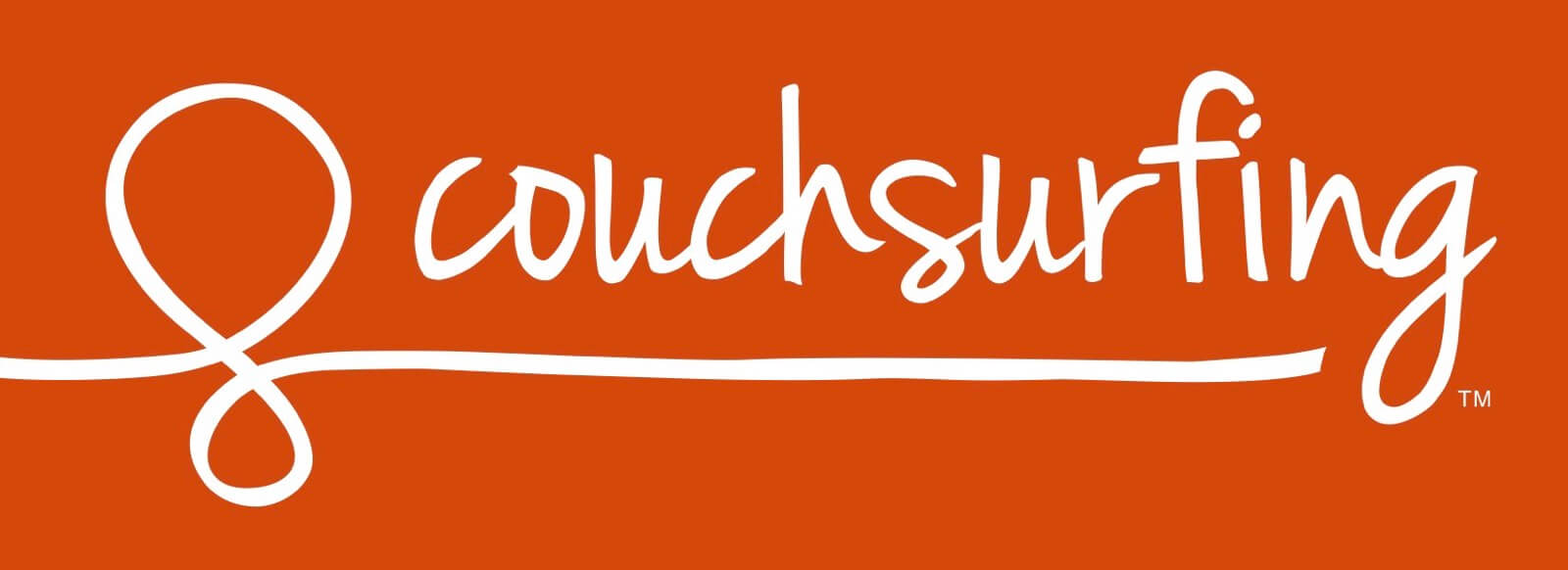
Out of nowhere a few days ago, I received an email in Spanish from Couchsurfing, the famous social/homestay website and app once beloved by every shoestring-budget or extroverted traveler. The email title was bookended by two emoji exclamation marks.
❗Couchsurfing necesita tu ayuda❗
On first glance, it looked like a scam, some bad actor impersonating the company. I haven’t received an email from Couchsurfing in ages. In fact, the last non-hosting/surfing confirmation email I got from them was back in 2016 when they introduced a calendar function. The body of the message was a few paragraphs, and in between each were three burnt orange buttons:
Login to support Couchsurfing
Login to support Couchsurfing
Login to support Couchsurfing
Due to the COVID-19 crisis and the economic downturn, “the sources of funding for Couchsurfing have been depleted”. They reduced their company size, taken pay cuts, are now 100% remote, and also applied for relief funds from the government. The email was notice that they’re now “asking” for a monthly subscription to continue to use the service.
Let’s rewind a bit. Couchsurfing was once the holy grail for all traveling on a shoestring budget interested in meeting locals, trying to escape high Airbnb or hostel prices.
Say you’re not on vacation, just living normal life. You have a couch (or a spare room; or a guest house, in the case of our fantastic hosts in Mérida, Mexico), you advertise that you’re willing to host on your profile. Your profile also lists some basic information, your interests, what countries you’ve lived in and visited, music/movie/book recommendations, and your personal Couchsurfing philosophy. People visiting your area can see your profile and if you’re willing to host (you can also set your status to willing to meet up like I have now, since our house is quite small). They can message you to stay a few days (or more, as sometimes happens when host and guest click well). If you have a traveler’s mindset or are interested in meeting new people from different countries, it’s a great way change up the monotony that comes with working life.
When host and guest part ways, both parties review each other and you can respond to the other’s review. Reviews are big on Couchsurfing obviously. Patricia and I were hanging out at one of our favorite Nouakchott cafés when we received a request from a European guy for a couple days. We both remembered his thesis-length profile, waxing poetic about the traveling lifestyle, the people, the philosophy, oh my, which is not to be ridiculed by itself. But one of his recent hosts mentioned in her review that he ate everything in her fridge and never bothered to buy groceries or cook a shared meal. Hard pass.
My Own Couchsurfing
When I moved to Nouakchott, I started working full-time and only traveled during school holidays. I still wanted to connect with other English-speakers and offer one of the rooms in my sizable flat. Using Couchsurfing was incredible and allowed me to connect with those making the journey from Morocco to Senegal on bicycle, motorcycle, in a van, hitchhiking, or on public transport. I met a diverse group of people, and I trusted them stay in my house due to the mutual respect that travelers and the Couchsurfing community share with each other. We were all united in seeing and experiencing things that couldn’t be bought. Most of the time, my guests “repaid” my hospitality with their own by doing some grocery shopping or cooking a great meal, or giving more advice on where to go next. Over the years, I did have some peculiar guests, like a Polish monarchist who seemed to be a sex tourist heading to The Gambia or a young French film maker who needed help from his mother and my Mauritanian friend to get him over the border safely. But I also met truly incredible people; An Australian motorcyclist, a Swiss couple on bicycle. Some I have never talked to since, others I have met up with years later on a different continent.
In Latin America, we used Couchsurfing to find hosts and a local perspective on the area. Occasionally it doesn’t always work out. Couchsurfing has a lot of dormant accounts, people who might’ve created one for a trip and then forgot about it. And sometimes there was awkward situations. In Campeche, Mexico, we stayed at a girl’s house while she was visited her family in town. A tropical storm came and made going out impossible. Our host was unable to return home and told us to make ourselves at home and feed her dogs. One of them, a small diva-like breed, was unenthused and went to the bathroom on our bed. But using Couchsurfing in combination with cheap hostels or Airbnb deals was a great way to meet new friends and keep our daily budget as low as possible.
The (Potential) Slow Death of Couchsurfing?
Since leaving Nouakchott and finishing our trip in South America, I hadn’t thought too much of Couchsurfing. I did message a few people around Ourense before we moved here but only one responded back and we never met up. Hence my surprise to hear from them, and how they’re struggling so much under the weight of reduced global travel.
But my empathy for them has somewhat diminished. First, I received this email in June. According to the email:
As of May 14, 2020, we are asking for member contributions of $2.39 per month, or $14.29 per year if paid upfront, to keep Couchsurfing alive. This member contribution is required to access the Couchsurfing website and mobile applications.
I was informed of this decision almost three weeks after it occurred. That’s a bad look. What’s interesting is it seems the English-speaking portion of the community might have received this email on 14 May. At least the blog post that is a translated copy of the email I received was posted on 14 May.
I have a verified profile, which means I paid 10 dollars or so a few years ago, uploaded my government ID, and had my phone and address authenticated. I did this to gain unlimited Couchsurfing request but also for the community. As you can imagine, there are scammers who have taken advantage of the goodwill system. There have also been of sexual harassment and rape on the Couchsurfing platform. Becoming verified to me was a symbol of trust that I am who I say I am.
With a verified profile, Couchsurfing gifted me a year free. But Patricia, for instance, does not have a verified profile. This means she is locked out of her account. She could not message or request anyone. From glancing at the reddit and Twitter conversations, many people were furious at their data being held hostage and the messages they might have had with old hosts and guests that they can no longer access or use. Perhaps they never swapped phone numbers or Facebook/Instagram accounts. This could be the only way they stayed in touch with certain friends.
On 20 May, after much negative feedback, I’m sure, Couchsurfing posted another blog post:
We hear you.
You’re disappointed that we did not communicate more about the financial state of the organization as a result of the global COVID-19 pandemic earlier. For that, we apologize. Sincerely. Genuinely. From our hearts. We are sorry.
We are humbled by the outpouring of voices. You have shown us the depth of your passion for Couchsurfing, for the community, and for the friends you have made here.
After, they address twenty-one concerns that have been raised about the decision to change the business model and ethos of Couchsurfing.
No, they didn’t mean to hold your data hostage and you can request a copy or deletion of it by sending an email. The venture capitalist money of the early 10s dried up by 2015. I’ve linked to the post so I won’t add any more.
Going Forward
I’m not totally opposed to paying for Couchsurfing. But there is a lot of bad feelings in the community after this badly orchestrated, seemingly spontaneous decision during a pandemic to start charging.
I would be in favor of something like this
- Keep verification a paid option but reduce the rates for others in countries with lower salaries. It promotes safety and wellbeing and people being who they say they are. If anything happens between host and guest, it could be dealt with more efficiently if there is an ID, phone, and address on record.
- Hosts do not pay, or something very small, like 5 USD per year. If I am hosting someone, I am contributing to the Couchsurfing community in the most meaningful way possible, by keeping the shoestring budget traveling spirit alive even while I’m not able to participate in it myself. Plus, if I can’t travel for the next year, should I pay 14 dollars a year and perhaps no one requests me to be hosted?
- Couchsurfers on trips or vacations pay, and this can be monthly or recurring, however they wish. Make the system easy enough to pay 3 dollars a month when I go on vacation next June. Many, especially those of us who love the platform and the lifestyle, will gladly pay. A month’s fees are cheaper than one night in a hostel even in the most budget-friendly countries.
This probably doesn’t provide Couchsurfing with enough financial support, but I’m sure there are other options to allow the bulk of users to get the benefit with minimal financial investments. Yes, the coronavirus has hit the traveling community hard. But after we start living the “new normal” globally, we simultaneously must rethink our consumption and travel habits. That means less planes and more trains, visiting places closer to home, and not wastefully staying in high-priced exclusive hotels or Airbnbs. While many will want to socially distance themselves from others, preferring private stays, the young internationalist crowd will crave deeper connections with the people whose cities and countries we are visiting. Even if Couchsurfing only exists as a meetup app for coffee, there is still benefit to keeping the spirit alive.
While I’m not sure what I will do after my year of Couchsurfing expires, I know that it was a great catalyst for meaningful friendships, great experiences, and a humble perspective that influenced my life and the philosophies I want to live by. For that, whatever happens with Couchsurfing, I’ll be grateful.
